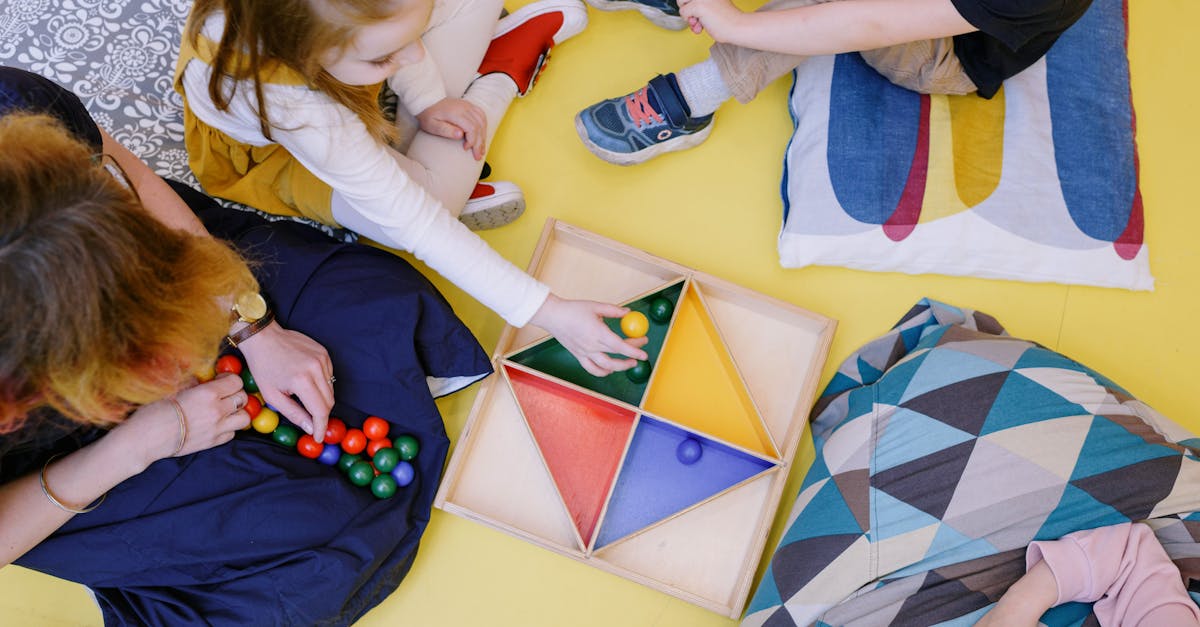Why Forgiveness Matters for Little Ones
Preschool is a whirlwind of emotions! Those tiny humans, discovering the wonders of friendship, laughing today and bickering tomorrow. Why is forgiveness crucial here? It teaches empathy, patience, and social skills. Children who forgive are happier and friendlier. They learn to empathize and understand others’ feelings.
When my daughter reinvented art time with her friend using a full bottle of glue – a masterpiece on our carpet – outrage hovered over me. But their eventual giggles melted my heart and reminded me of the power of forgiveness.
Nurturing forgiving spirits helps preschoolers build stronger friendships. So, next time your kid calls someone a poopy head, encourage forgiveness! Hug, laugh, and move on!

Turn Tiffs into Teachable Moments
Remember the cookie debacle of 2020? For kids, every argument is significant. Turning these moments into teachable opportunities is magical. Evoke kindness out of chaos. If your child learns why sharing that toy is better than clobbering his buddy with it, progress is achieved.
Encouraging Storytelling
Encourage storytelling to resolve disputes. Make it a daily dinner conversation or a bedtime storytelling session. Laughter over these tales brings understanding and guides children towards forgiveness.
Reinforcing Forgiveness
Reinforce their victories in forgiving others. Celebrate the peace treaties with extra bedtime stories or cookies, if you can find any, of course.
Image Reference

Benefits of Forgiveness in Peer Relationships
Preschoolers who embrace forgiveness develop thriving friendships. This skill translates into numerous relationship benefits – with teachers, friends, and even the pet hamster!
By forgiving, kids learn to move past grievances, fostering a happy societal environment. A preschool brimming with kindness becomes a learning enclave.
Key Benefits of Forgiveness in Childhood
- Children hone empathy and conduct, vital for future interactions.
- Skip back to your school years. Remember forgiving a friend for stealing your eraser or sharing a snack after a bawling session? These shared moments build life-long connections.
- Trust blooms from these seeds of forgiveness, shaping individuals who adeptly navigate life’s relational challenges.

In conclusion, encouraging forgiveness in preschoolers not only strengthens their peer relationships but also sets the foundation for healthy social interactions throughout life.
Encouraging Apology and Acceptance
Convincing a preschooler to apologize after a tantrum is akin to asking a cat to bathe willingly. Tricky yet possible! Apology isn’t about being right but about restoring peace.
Encourage apologies. It’s intimidating for them but tremendously rewarding. Emphasize sincere admission over robotic responses. Children’s stories, where heroes apologize post misunderstandings, help in understanding this concept. Read them post-argument. Breeding such an approach fosters healthier interaction habits.
Suggestions for Encouraging Apologies:
- Cook up small forgiveness rituals at home.
- Perhaps a ‘Sorry’ chocolate at snack time encourages positive resolves, with minimal adult intervention.
- Let imagination lead the way for heartfelt apologies and acceptance.

By incorporating these practices, you’ll help your preschooler learn the value of apology and acceptance in a nurturing manner.
